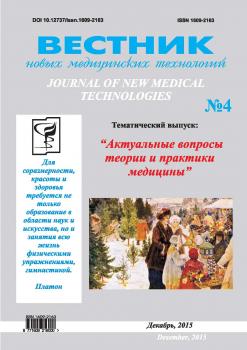Community-acquired pneumonias in the elderly patients are the significant epidemiological problem for the public health of almost all countries. Especially urgent is the problem of microbiological and epidemiological monitoring for the S.pneumoniae strains as one of the ubiquitary pathogens, causing the community-acquired pneumonias and the other respiratory tract infections of various severities, what is determined by their different epidemiological significance. Multiloci sequesterant is a promising method of molecular-epidemiological monitoring, identifying epidemically dangerous clones such ubiquitaria of the pathogen as S.pneumoniae. The purpose of this research was to carry out the multilocus sequence typing of strains of pneumococcus isolated in the elderly patients with community-acquired pneumonias, bronchitis. Materials and methods were 14 strains of S.pneumoniae, isolated in patients with community-acquired pneumonias (7 of them – multiresistant), 8 strains were isolated from the patients with the chronic pulmonary obstructive diseases and 4 strains – from carriers of activators. Multilocus sequence typing was carried out according to method of M.C. Enright and B. G. Spratt (1998). Results: all strains, isolated in all populations were the related isolates of the species Streptococcus pneumoniae, the most of them (18 of 26) have a unique genotype, determining the presence of one sequence-type for each strain. From 14 strains, isolated from the elderly with community-acquired pneumonia, 6 were related to the profile Taiwan 19F-14. Among strains isolated from the patients with COPD, the prevalence of any genotype wasn’t identified. Conclusion: multilocus sequence typing allows to identify the new genotypes and to predict the appearing of epidemiologically dangerous strains with new proprieties.
multilocus sequence typing, pneumococcal pneumonia, community-acquired pneumonia, S.pneumoniae.





